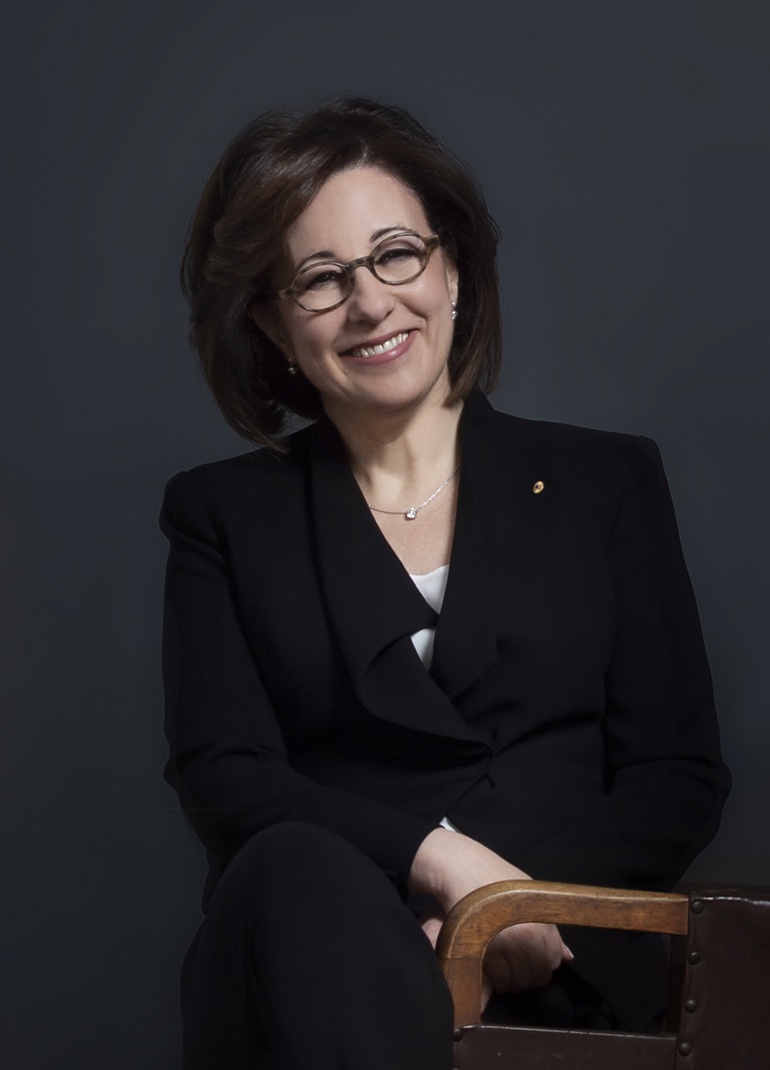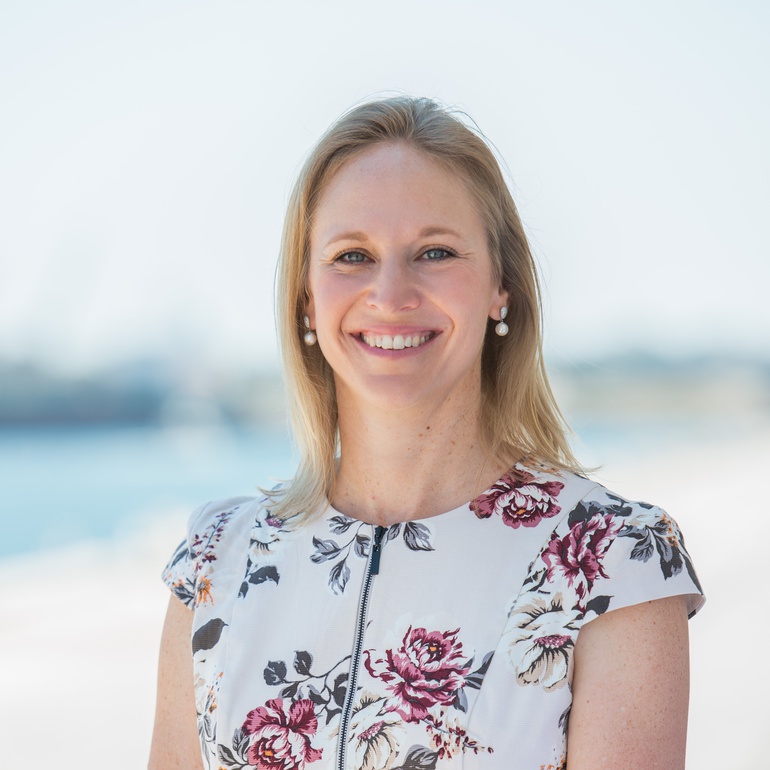Meet the new GBCA Board members
16 Dec 2020
Josephine Sukkar, AM
Josephine Sukkar’s background is coloured with variety, both professionally and in her volunteer work. Josephine’s experience is grounded in the construction industry, having launched Buildcorp with her husband in 1990. Prior to this Josephine could be found in the lab as a medical researcher and then moved to the classroom teaching science at a time when public concern around climate change was just beginning to stir.
“The late 1980s was the first time I’d heard about the environment being spoken about in such broad terms. I’d wheel a TV and VCR into class to watch shows about it and discuss them with the kids. We have come a long way since then and from around 2005 we were developing Buildcorp’s own sustainable systems and training project teams in the Green Star program. Today, this has evolved to a proactive mindset, where mindful exploration of new sustainability initiatives is shared amongst teams.” explained Josephine.
This mindful approach isn’t the only thing in Josephine’s DNA. In 2017 her contribution to community, the arts and sport was recognised with an inclusion on the Queen’s Birthday Honours List and she traces this back to the work of her parents, adding that it’s an opportunity she’s grateful for every day, “It’s fair to say that I get much more out of this work than I ever put in, it’s a real privilege.”
Josephine is the President of Australian Women’s Rugby and sits on numerous private, public, government and not-for-profit boards, including Growthpoint Properties Australia, The Washington H. Soul Pattinson and Company Limited, Opera Australia, Centenary Institute of Medical Research, Melbourne University Infrastructure Advisory Board, the Australian Museum Trust, the Property Council of Australia and the Buildcorp Foundation.
This work appeals to Josephine because it gives her the opportunity to make a difference from the inside by listening, learning and understanding decision making, skills that will assist our industry navigate the way toward a healthy, resilient net zero future.
“GBCA has a platform that talks to everything I believe in, but this transformation is going to require a lot of social change and there are big conversations that need to be had. These conversations need to be non-binary, careful and thoughtful. GBCA supports and helps to lead these conversations and has gained much industry respect for this,” said Josephine.

Nicole Lockwood
When Nicole set out on her career path, she hoped to practice environmental law once her degree in environmental management was complete, but fate had other plans and took her in a different direction where she found herself in infrastructure, freight and leadership roles.
Today Nicole is the Deputy Chair of Infrastructure WA and the Independent Chair of the Westport Taskforce. She is also the Chair of the Freight and Logistics Council, a Board member of the Water Corporation and chair of MNG and the Sienna Wood Joint Venture.
While the opportunity to formulate and drive strategy draws Nicole to leadership roles, she also enjoys collaborating to achieve positive outcomes. When it comes to creating links within our industry, Nicole says it would be great to start with the systems and targets we already have in place and are collectively working towards.
“At a board level we can drive change across the system by creating connections between different organisations and other parts of the network. I’m keen to see how organisations can start to work more closely together to get a holistic outcome, rather than having to address every different framework in isolation.”
In 2020 Nicole observed how quickly we can adapt and innovate in the face of change. She hopes we can all take that willingness to evolve into the new year, “This isn’t about fear and negativity and running from problems, it’s about harnessing an opportunity and pushing ourselves to be better than we’ve ever been to create an outcome that we can be proud of for our kids.”
Nicole is looking forward to working with GBCA and says the opportunity circles her back to where she started, “I find myself back in a place where I’m thinking about planning outcomes and whole of system impacts, and this is what I’m probably most drawn to. I’m keen to see how we can challenge ourselves - particularly in the long-term infrastructure planning space – to push beyond a minimum standard.”
